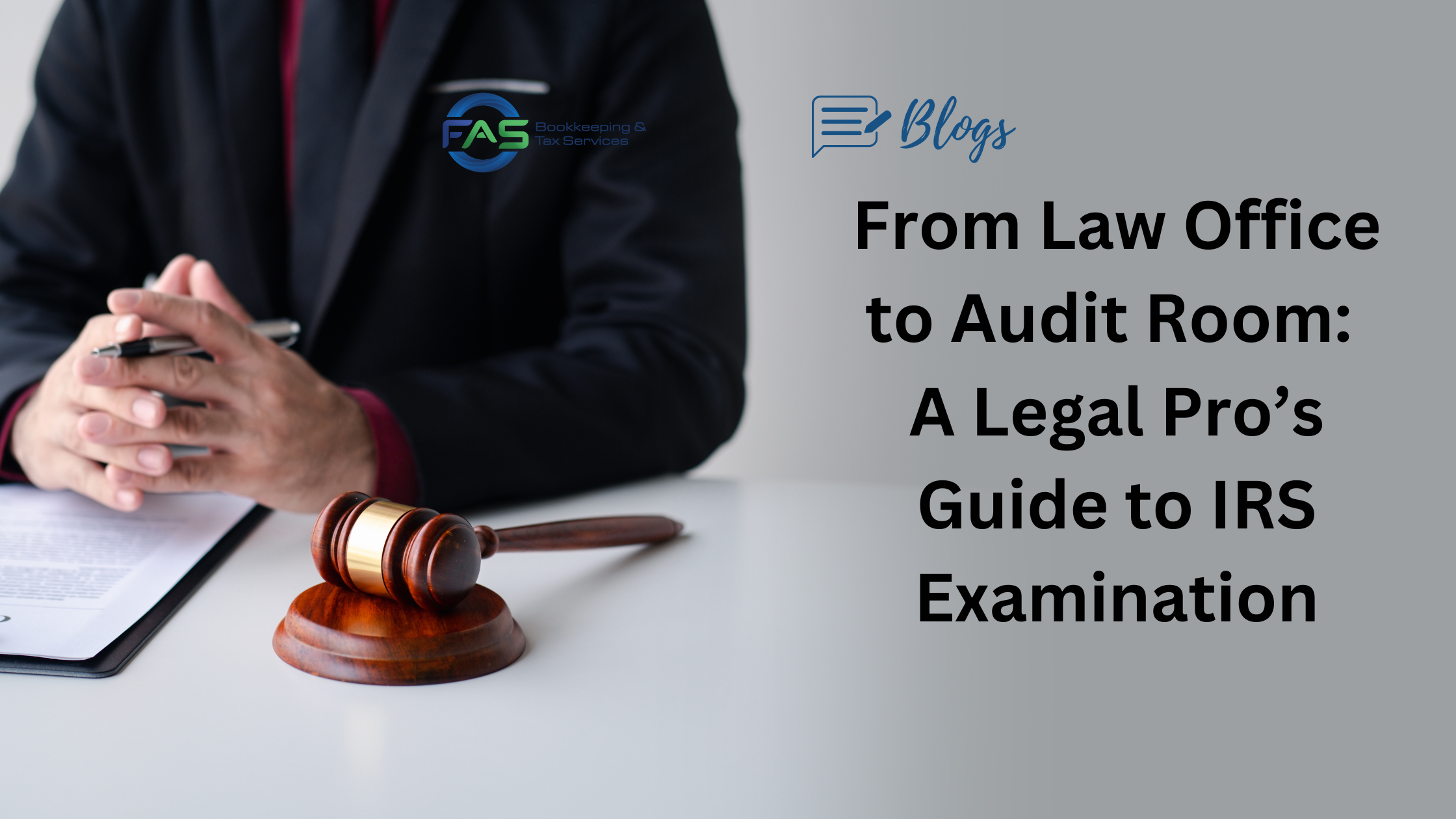Even if there are a lot of measures to eliminate identity theft, this crime is still evolving to continuously scam people. Scammers are now modifying their tactics, they are combining information from multiple individuals to invent a false identity, a technique called “synthetic” identity theft.
Here’s what you need to know:
How It Works:
- Scammers pull together a stolen Social Security or Social Insurance number (often belonging to a minor or someone with no credit history), address of an abandoned property, and a fake name and birth date.
- Using the gathered information mentioned above, the scammer applies for a credit card. Initially, they will be declined since they don’t have a credit profile, but this creates a record of a “person” that doesn’t actually exist.
- Next, the scammer adds that “person” to one or more legitimate accounts to eventually build up a credit history until they can qualify for large lines of credit
- Once they are approved for a high line of credit, they do what is called a “bust-out.” The con artist charges their credit cards to the limit, pays nothing, discards the identity, and disappears.
Why This is A Problem:
- It is difficult to detect if your Social Security Numbers had been used in synthetic identity theft.
- Negative credit reports will be tied to your Social Security number, but not your name, phone number, and address which means you won’t receive fraud alerts.
- The unpaid debts left by the scammer can affect your ability to take out loans or credit.
How to Protect Yourself from Synthetic Identity Theft:
- Don’t give out your Social Security or Social Insurance number if it isn’t absolutely necessary. When a business, medical office, or individual asks for this information, don’t be afraid to ask them why they need it and how they will protect your personal information.
- Monitor any mail, phone calls, email, or other communications you receive. Be alert if something arrives out of the blue or doesn’t make sense.
- Check yours and your child’s credit report for signs of fraud using https://www.annualcreditreport.com/, but make sure your device and connection are safe to prevent third parties from obtaining sensitive information.
FAS Bookkeeping and Tax Services care about your data privacy! Here’s our reminder to be smart, be vigilant, and be alert to avoid being a victim of these types of crimes.





